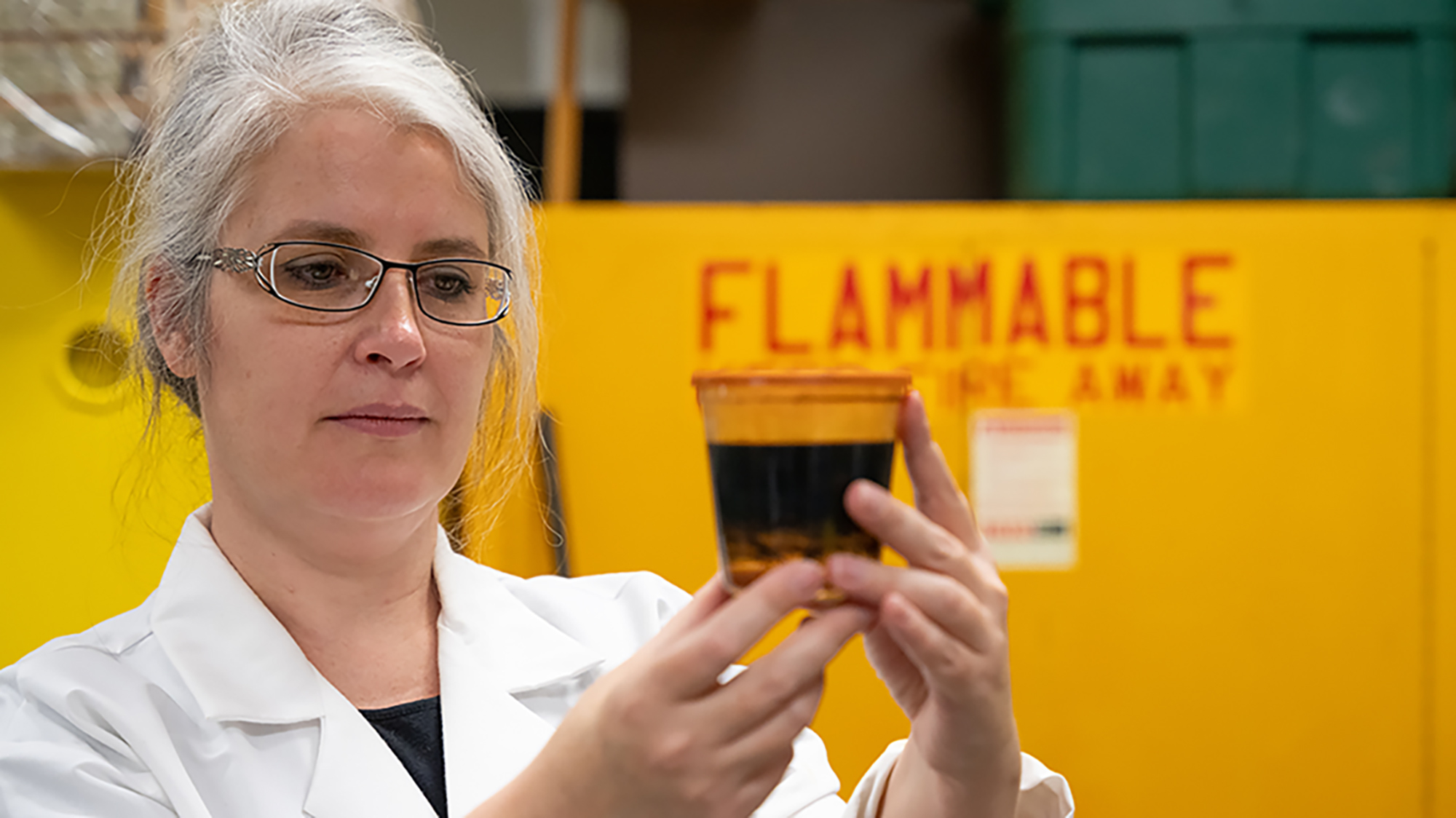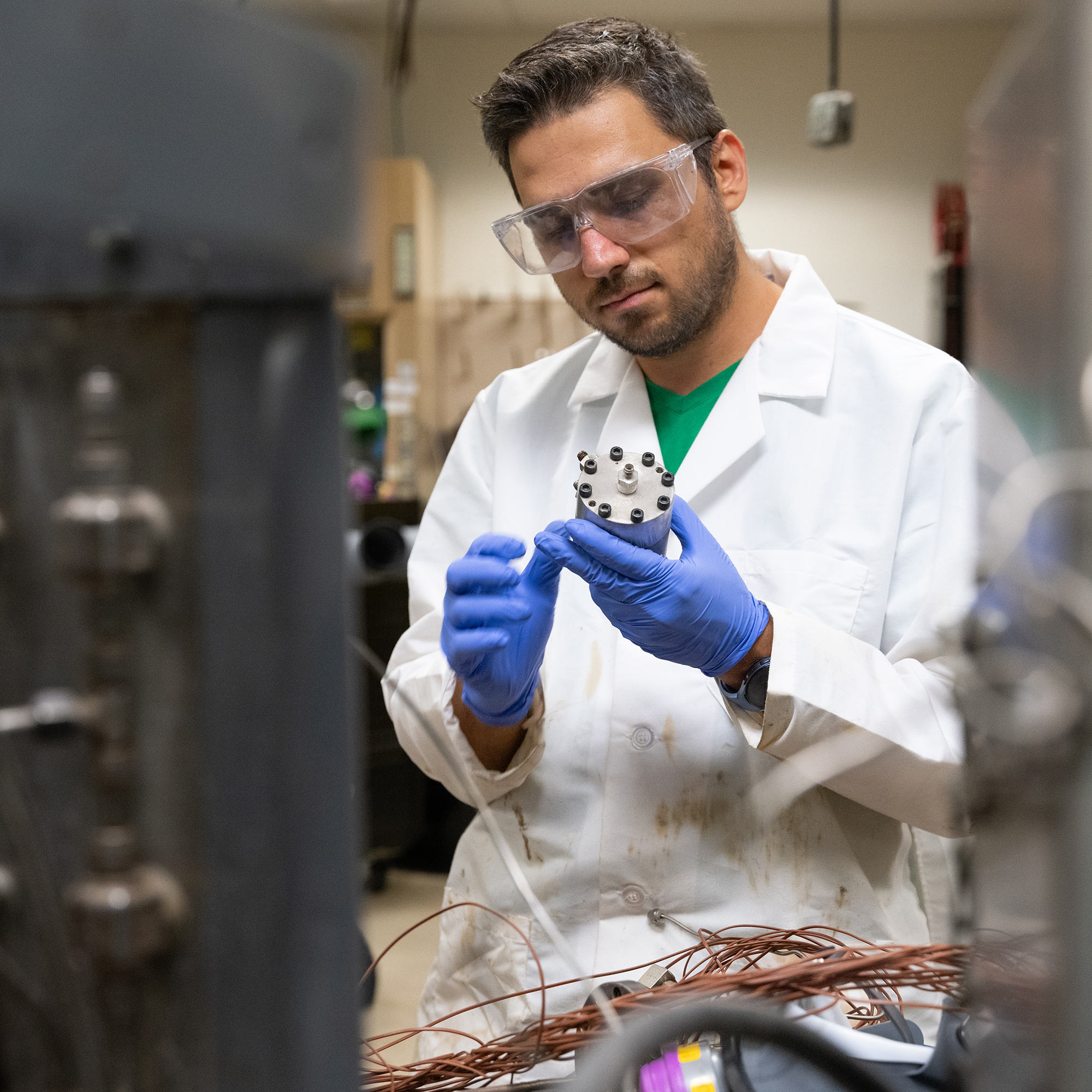
Dr. Berna Hascakir, professor in the Harold Vance Department of Petroleum Engineering at Texas A&M University, was selected as part of a $17 million grant from the U.S. Department of Energy’s (DOE) Office of Fossil Energy and Carbon Management. The investment will support university-led projects that advance decarbonization and net-zero greenhouse gas emissions.
In partnership with Texas A&M, Texas Tech University, Howard University, and the University at Buffalo, this initiative unites three minority-serving institutions (MSIs) with non-MSI, each offering distinct research skills and knowledge. The collaboration aims to form a new alliance to promote the exploration of clean energy alternatives. Texas A&M will host two graduate-level students from these universities for three years, offering these students the opportunity to enhance their academic experience.
The project is entitled “Incubating Next Generation Clean Energy Scientists and Engineers Through Minority-Scholar Exchange and In-Situ Hydrogen Production Research.” The initiative is part of the DOE’s 19 early-stage research endeavors and was selected under FECM’s University Training and Research program.
“The grant will significantly enhance Texas A&M’s position as a leader in innovative energy research, particularly in hydrogen production and storage,” said Hascakir. “By fostering collaboration with minority-serving universities, the grant will provide invaluable research opportunities for underrepresented students and promote diversity and inclusion within the scientific community at Texas A&M.”

Hascakir’s research focuses on enhanced thermal oil recovery methods, such as electromagnetic heating, to recover heavy oil resources. According to Hascakir, while petroleum remains abundant, traditional energy production from petroleum has significantly increased atmospheric carbon levels. Through this project, they will harness energy from petroleum by extracting hydrogen while leaving the carbon underground, thereby minimizing its environmental impact. The approach aligns with carbon capture and storage principles, allowing cleaner energy production while reducing carbon emissions.
On a broader scale, the grant will contribute to global efforts to transition to cleaner energy sources by advancing the development of hydrogen as a sustainable fuel.
“The project’s focus on reducing carbon emissions through innovative extraction methods will have a positive environmental impact, aligning with global initiatives to combat climate change,” said Hascakir. “Additionally, by supporting the training of the next generation of scientists and engineers from minority communities, the project will help to create a more diverse and equitable workforce in the energy sector worldwide.”
More information about this project and others funded through DOE can be found here.